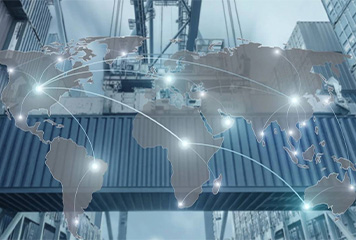What we do

Commercial & In..

Import & Export

Supply & logistic

Sales & Distribution
The polymer industry produces and processes materials like polyethylene, polypropylene, PVC, and polystyrene, widely used in packaging, construction, automotive, electronics, healthcare, textiles, and agriculture. Iran, leveraging its rich petrochemical resources, manufactures a broad range of polymers for domestic use and export, supported by significant investments, research, and development. Call2Supply provides high-quality polymers and specialty formulations, offering reliable supply and tailored solutions to meet the diverse needs of industries worldwide.
●Direct sourcing
●Rational pricing
●Flexible logistics
●Consist quality
The polymer industry produces and processes materials like polyethylene, polypropylene, PVC, and polystyrene, widely used in packaging, construction, automotive, electronics, healthcare, textiles, and agriculture. Iran, leveraging its rich petrochemical resources, manufactures a broad range of polymers for domestic use and export, supported by significant investments, research, and development. Call2Supply provides high-quality polymers and specialty formulations, offering reliable supply and tailored solutions to meet the diverse needs of industries worldwide.
order registration form